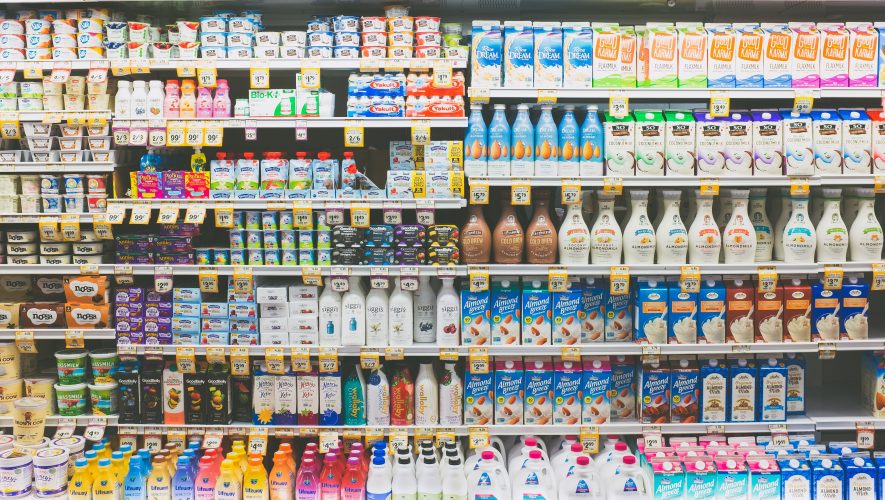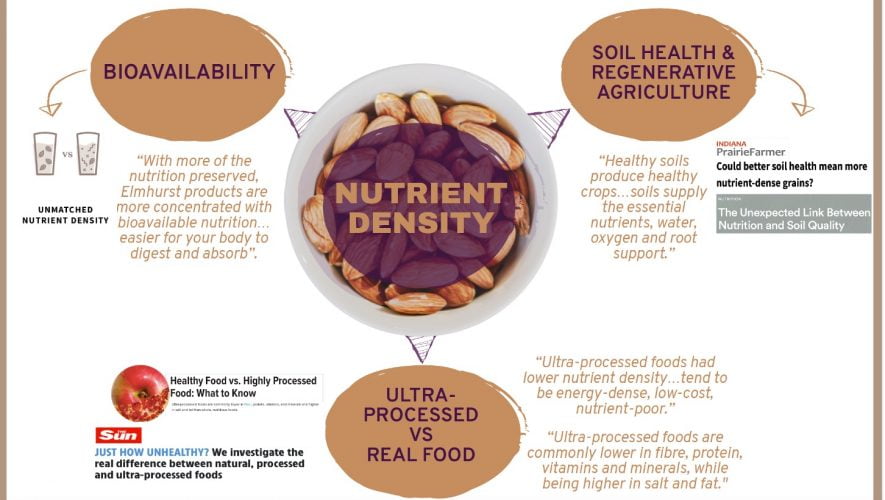ChickP Ltd., a foodTech startup developing innovative plant proteins, launches a line of next-gen chickpea isolates especially designed for plant-based dairy alternative products. This ground-breaking plant protein uses patent-pending technology to extract up to 90% pure protein out of the chickpea seed.
Global launches of dairy alternative products are triple the rate of new food and beverage launches overall, according to Innova Market Insights. The research group noted a 22% CGR for the period from 2014-2018.
The new chickpea isolates offer exceptional beneficial characteristics that help alternative dairy producers overcome challenges in processing as well as boosting consumer acceptance and fulfilling the demand for highly nutritious and tasty products. Thanks to its high solubility and smooth viscosity, ChickP forms an emulsion/gel that helps contribute to a firm finished product.
“We tested the chickpea ingredient across a range of parameters, including functionality, flavor, nutrition profile, and protein content,” says Ram Reifen, MD, founder and CSO of ChickP. “Sensory parameters such as taste, color, and texture are the key factors for success in launching any new product in the marketplace. Plant-based milk alternatives that contain ChickP have been shown to mimic cow’s milk and yogurt better for taste, mouthfeel, and nutritional value.”
Photo: ChickP Ltd.



